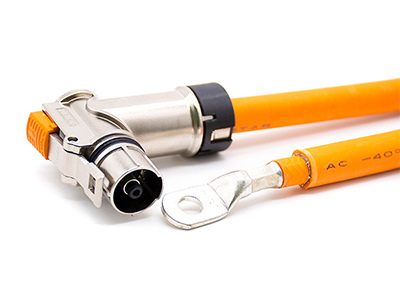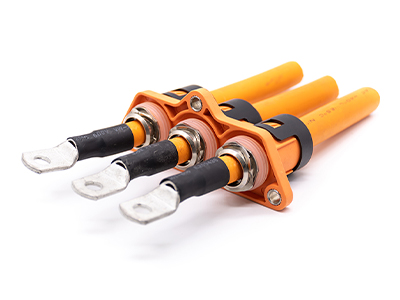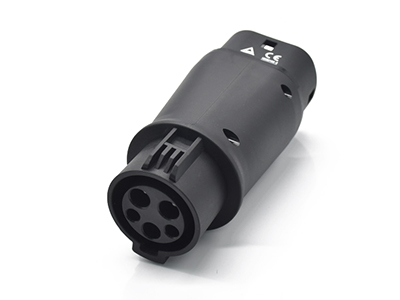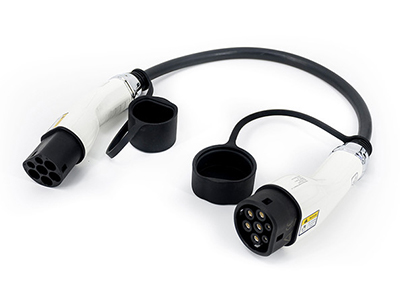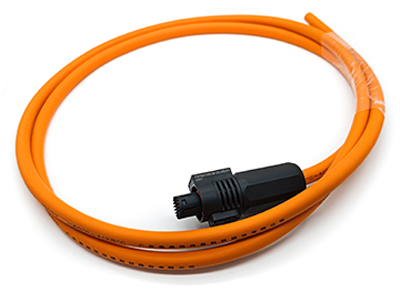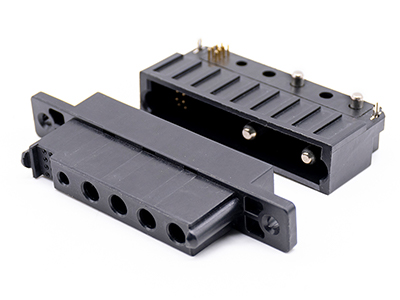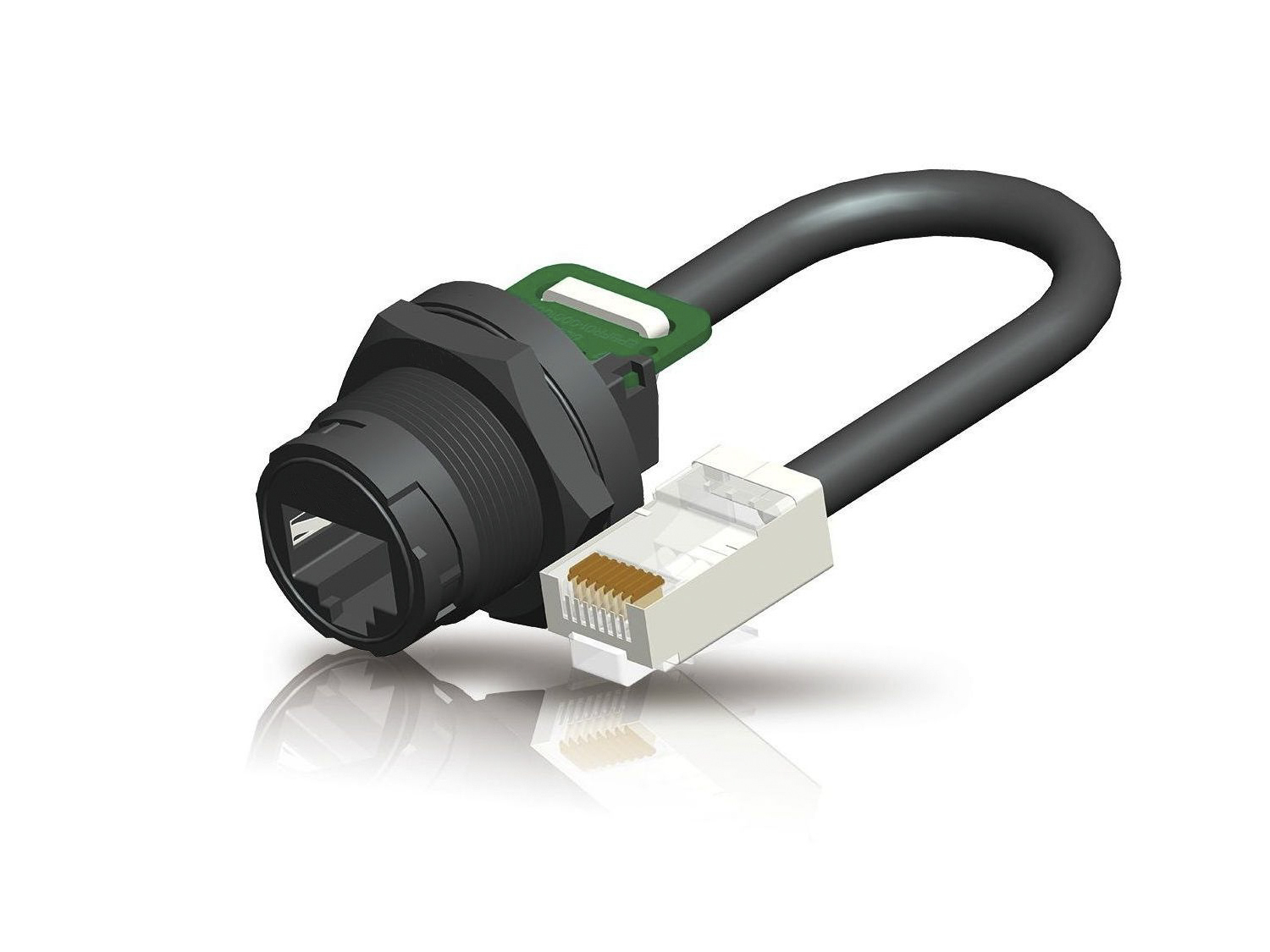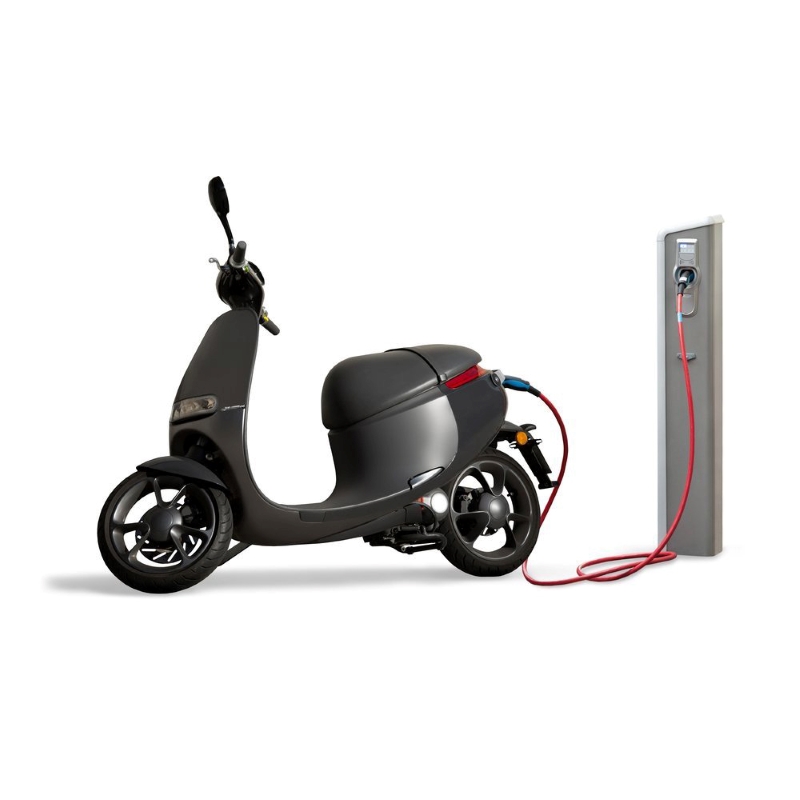News
Powering the Future: The Advantages of AC Charging for Electric Vehicles
This article will explore the advantages of AC charging for electric vehicles and why it may be the ideal solution for your charging needs.
Understanding AC Charging
To better appreciate the benefits of AC charging, it’s crucial to understand the basics of how it works. Electric vehicles use either AC or direct current (DC) charging to replenish their batteries. AC charging involves converting the alternating current from the power grid into direct current within the vehicle, which can then be stored in the battery. This process typically occurs through an onboard charger that manages the conversion and charging rate.

Types of AC Chargers
AC chargers come in various levels, with each level providing a different charging speed. The most common types are:
- Level 1 Chargers: These chargers use a standard 120-volt household outlet and typically deliver 2-5 miles of range per hour of charging. Level 1 chargers are ideal for overnight charging at home and require no additional installation.
- Level 2 Chargers: These chargers require a 240-volt outlet and can deliver 10-60 miles of range per hour of charging. Level 2 chargers are suitable for home, workplace, and public charging stations, offering a faster charging option than Level 1 chargers.
Advantages of AC Charging for Electric Vehicles
Cost-Effectiveness
One of the most significant advantages of AC charging is its cost-effectiveness. Level 1 chargers require no additional installation, making them an affordable option for home use. Level 2 chargers, while requiring a 240-volt outlet, are still generally less expensive than DC fast chargers.
Additionally, AC charging typically has lower electricity costs compared to DC fast charging, as it often takes advantage of off-peak electricity rates. This can result in substantial savings for EV owners over time.
Convenience and Flexibility
AC charging offers unparalleled convenience and flexibility for EV owners. Level 1 chargers allow for effortless overnight charging at home, ensuring your vehicle is ready to go each morning. Level 2 chargers provide faster charging speeds and are commonly found at workplaces and public charging stations, making it easy to top off your battery while you’re away from home.
Moreover, the widespread availability of AC charging infrastructure means that you’ll rarely struggle to find a suitable charging station when needed.
Battery Health and Longevity
AC charging is gentler on your EV’s battery compared to DC fast charging, which can generate higher temperatures and place more stress on the battery. By using AC charging for the majority of your charging needs, you can help maintain your battery’s health and prolong its overall lifespan.
Scalability and Future-Proofing
As the EV market continues to grow, the demand for charging infrastructure will only increase. AC charging offers a scalable solution that can easily be implemented in residential, commercial, and public settings. By investing in AC charging infrastructure today, cities and businesses are future-proofing their facilities for the anticipated surge in electric vehicle adoption.
Safe
Another advantage of AC charging is that it is a safer method of charging than DC charging. AC charging equipment is designed to operate at lower voltages than DC charging equipment, which reduces the risk of electrical shock and other safety hazards. Additionally, AC charging equipment is less likely to overheat or malfunction, which can also contribute to a safer charging.
Better for the environment
Finally, AC charging is better for the environment than DC charging. This is because AC charging equipment can be powered by renewable energy sources like wind or solar power. Additionally, since AC charging can be done using a standard household outlet, EV owners can charge their vehicles using electricity from the grid, which is becoming increasingly powered by renewable energy sources.
AC Charging: The Ideal Solution for Everyday Use
While DC fast charging certainly has its place for long-distance trips and quick top-ups, AC charging offers a range of advantages that make it the ideal solution for everyday EV use. With its cost-effectiveness, convenience, flexibility, and benefits for battery health, AC charging is an essential part of the electric vehicle ecosystem.
As you consider your charging options for your electric vehicle, it’s important to weigh the pros and cons of each method. However, for most EV owners, AC charging will provide the ideal combination of practicality and affordability to power their vehicles now and into the future.





